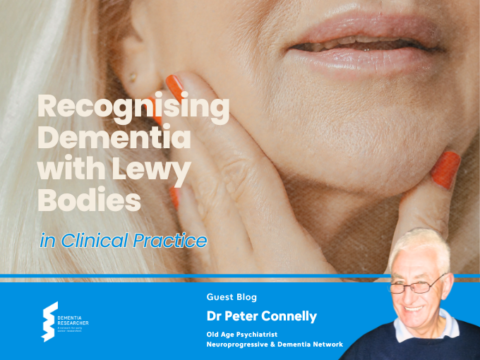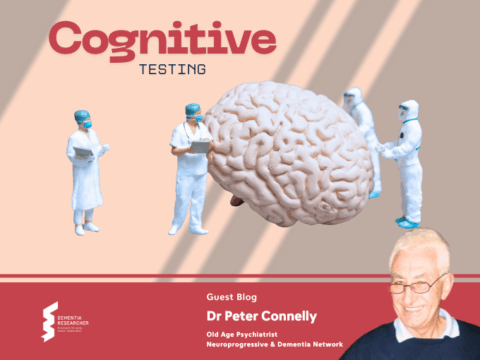
Success in academia is popularly linked to hard work and individual ability. However, a study of how academics describe their research careers suggests luck plays a significant role. Following this observation, Sarah R Davies and Bao-Chau Pham discuss how we might understand and interpret the role luck plays in academic success.
Most academics would agree that research careers are highly competitive. Getting a position – and particularly a permanent position – is often difficult and sometimes impossible, even for those who have all the right qualifications and accreditations: journal articles, monographs, teaching experience, international collaborations, third party funding. Success can be elusive. So, how does one find it?
In our recent research, we describe how senior professors talk about how they achieved success in their academic careers. We interviewed 18 elite women professors (based in Norway and Austria) working in the natural sciences, asking them about their trajectories and how they achieved their established – and indeed often highly prestigious – positions. Three things repeatedly came up in these conversations: the role of people; the role of hard work; and the role of luck. To succeed one needed not only to invest time and energy, and to have good networks and support structures, but something far less plannable: to get lucky.
How were these dynamics characterised? Similar to what has been found in other research, people and relationships were framed as central to science generally, and to success in particular. Key ideas included being fortunate in (or having chosen wisely) one’s PhD supervisor, having supportive colleagues and engaged students, being mentored, having a family who were willing to undergo international mobility with you, or being given opportunities by particular individuals. In all of these different ways people – from families to colleagues – enabled our interlocutors to gain experiences or possibilities that helped them in their careers. In the same way, ideas of hard work, long hours, and at times sacrifice and suffering were presented as central to success. As one interviewee said, “You cannot have your professional life perfect and your personal life perfect. So you have to set your priorities. If you want to be an exceptional researcher, I think it takes more than nine to five”. Indeed, ’hard work’ was often exemplified by interviewees through reference to the hours that they worked, and viewed as necessary, and by the ‘stamina’ or ‘endurance’ one needed for this.
So: success requires good networks and relationships, and hard work and long hours. But those we spoke to also frequently talked about luck and luckiness in achieving success. For at least some, this was a central tragedy of science: one could do everything right, but not get lucky and therefore not manage to attain a stable career. As one interviewee said, talking about her current situation:
“my PhD was difficult enough that I can still very much appreciate that the science is going so well, because you have to also be lucky for that. I know many good scientists who haven’t had that kind of luck even though they are really, really good.”
Lucky events, choices, or moments ranged from being lucky in the people one worked with to luck in securing funding, ‘meeting the right people at the right time’, a job coming up at a good moment, an unexpectedly significant research finding, or happening to find work in an emerging research field. Such luck should fall on prepared ground – i.e. luck alone wasn’t going to ensure success – but could tip the balance from being one of ‘many good scientists’ to standing out.
What to make of this emphasis on luck? It is important to remember that these were one to one research interviews, and that such situations nurture particular forms of expression. Perhaps references to luck were a way of presenting oneself as modest (though there is a long history of references to luck and serendipity in science in other contexts, too). It is also worth noting that our interviewees all identified as women: perhaps success is made sense of in gendered ways, and male or non-binary scholars would refer to different factors. In addition, talk of luck lends itself to critical debunking. Were ‘lucky’ events or achievements really due to luck, or to structural advantages such as whiteness, being cis-het, or other forms of privilege in an unjust and inequitable academia? Such debunking is in line with much sociological work on luck, in which, as sociologist Michael Sauder writes, the analytical mission “is to take events that people see as lucky or unlucky and then explore the actual social causes or processes that can account for these outcomes”. Science remains weighted in favour of those who inhabit particular bodies, social classes, and family situations; perhaps focusing on ‘luck’ masks some of these dynamics.
We therefore cannot take reports of luck entirely at face value, and need more research into how ‘luck’ is experienced, mobilised, and understood. However, we believe it remains vital to take scientists’ references to luckiness seriously, and to consider the implications of this for how we think about academic success. For instance, acknowledging the role of luck in science highlights that success (or lack of it) is never fully within an individual’s control, and might lead us to critically consider what is being rewarded in recruitment or promotion processes in science (for instance). If there are many researchers who “haven’t had that kind of luck even though they are really, really good” (as the interviewee quoted above put it), what does this mean for the behaviours and achievements that we celebrate within research? In this regard our research is in line with other scholarship that has queried the value – and effects – of a narrow understanding of ‘excellence’ in research. Acknowledging the role that luck plays in scientific success thus suggests the continuing necessity of rejecting the idea of one-off ‘superstar individuals’, and related narratives of excellence and exceptionalism.
This post draws on the authors’ research note, Luck and the ‘situations’ of research, published in Social Studies of Science.
About the authors

 Print This Post
Print This Post



